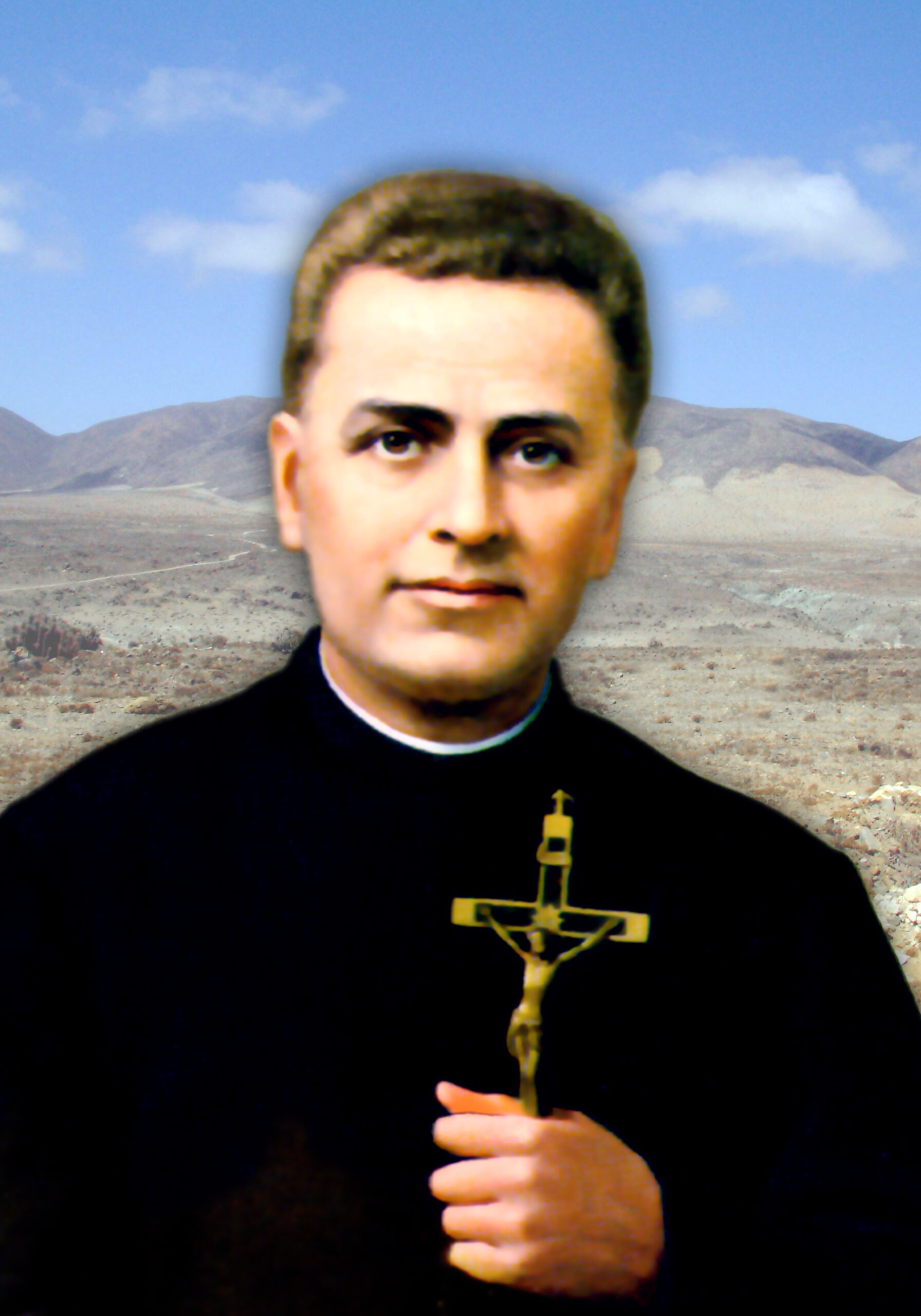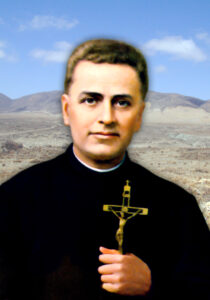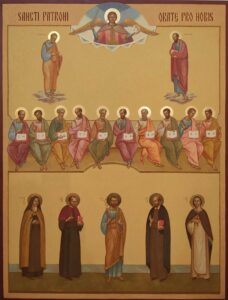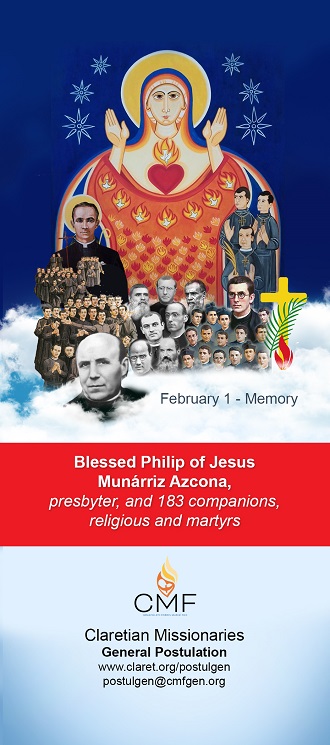Mariano Avellana, considered the greatest evangelizer in more than 150 years of history of the Claretian missionaries in the confines of America, is an especially propitious opportunity to project his figure to the present. In this way, we can imagine with what messages and actions he would travel thousands of kilometers today, in comparison with those he once carried through Chilean soil, in the more than 700 missions, spiritual exercises, and deep reflections that, with abnegation and “heroic” sufferings, he preached for more than 30 years; especially to the sick, the imprisoned and those most neglected by society.
Mariano, tireless in his desire to Christianize the unknown country where he felt sent to become “either a saint or dead,” raised his voice and sought to transform, in accordance with the Gospel and the reality of his time, the religious impiety, situations of sin, injustice, and enormous abuses against the weakest that he encountered there. He did not cease to do so until he fell dead in the last of his missions.
Mission in today’s world
Today’s realities are certainly very different from those of the past. A globalized world has opted mainly for an environmentally destructive development model at a level that is driving the human species to the brink of extinction. In the midst of it, situations of misery, abuse, or persecution have unleashed massive migrations of desperate beings who, in pursuit of the mirage of abundance, perish by the thousands in the ocean or are prevented from entering modern-day Jaujas, suffering, abuse, and death. Can we suppose that Mariano Avellana would keep silent about this in his exhausting missionary journeys?
Wouldn’t dozens of endemic wars that nobody cares about, and new ones that do make the news because of the magnitude of their horrors and possible escalation, which could lead to a global conflict of unimaginable consequences for the whole of humanity, fall within the demands for awareness and coherent action that Mariano would claim as the primary obligations of Christians today?
The innumerable cases of abuse, injustices, and humiliations of the weakest that prevail in the economy, work, and other areas of personal and social relations today, as well as the violations of essential rights, whether to life, integrity, health, food, fair wages, housing, education, protection of children, of abused and murdered women, of the discarded elderly and so many other realities, would they not be pressing issues for the word and action of the distinguished disciple of Claret who was Mariano Avellana?
We cannot think that he would remain impassive and would not demand that Christians “make trouble,” as Pope Francis urges him to do. Even less would he remain silent in the face of more than 36,000 dead, mostly innocent women, children, and the elderly, over 78,000 wounded, 1,500,000 displaced at gunpoint, and more than 70% destruction of the entire infrastructure of the Gaza Strip, a substantial part of the land where the Son of God pitched his tent and wished peace countless times.
Nor would it do the same in the face of the war between Russia and Ukraine, which dates back at least 10 years and, in the last two years, has resulted in more than 80,000 deaths.
An example that questions and demands
We can only guess how he would guide his missionaries in the face of these and other scourges of our world today. But knowing how he approached his world in word and deed, it is possible to infer what kind of missionary Mariano Avellana would be today.
120 years after his death, it is worthwhile not only to reflect on it but, above all, to extract the example that his figure offers to the whole Claretian family, religious and laity, men and women, for whom his passage through the earth is not a mere model to contemplate but a demanding paradigm of missionary life and action according to the full charism of Anthony Mary Claret. This was the source from which Mariano drew inspiration to be the distinguished missionary that we long to see on the altars, as a testimony of what it means to be a missionary “who burns in charity, burns wherever he goes and seeks by all means the glory of God and the salvation of human beings.”
Alfredo Barahona Zuleta
Vice-postulator, Cause of Ven. Fr. Mariano Avellana, cmf



